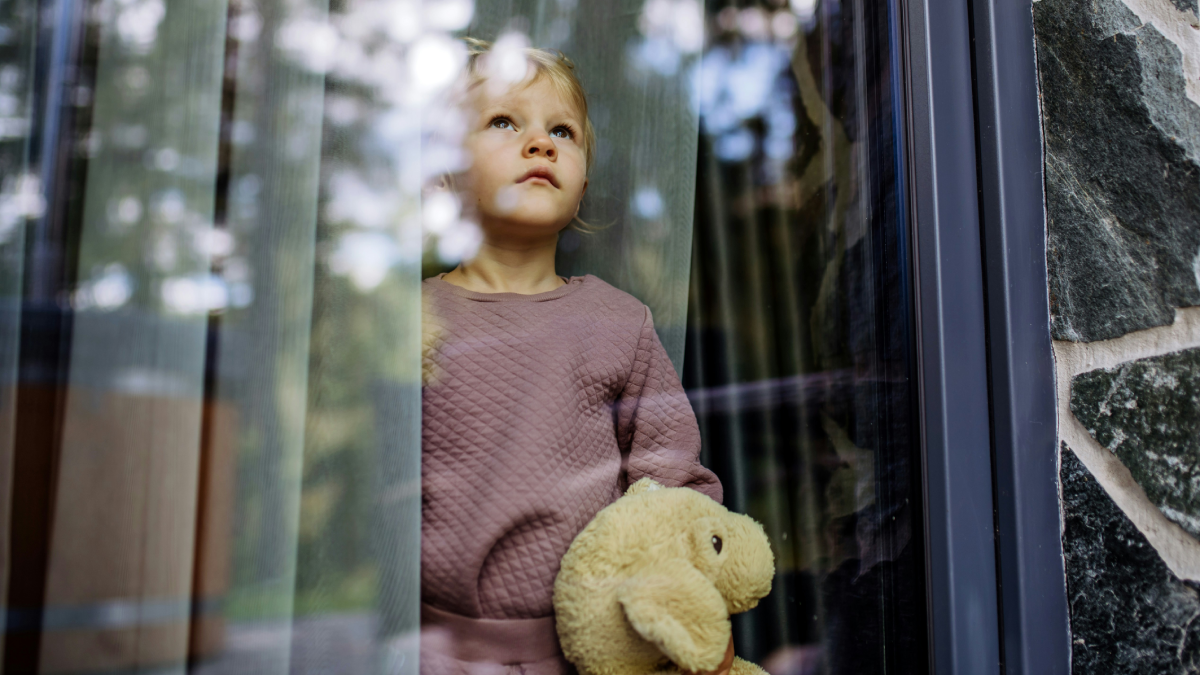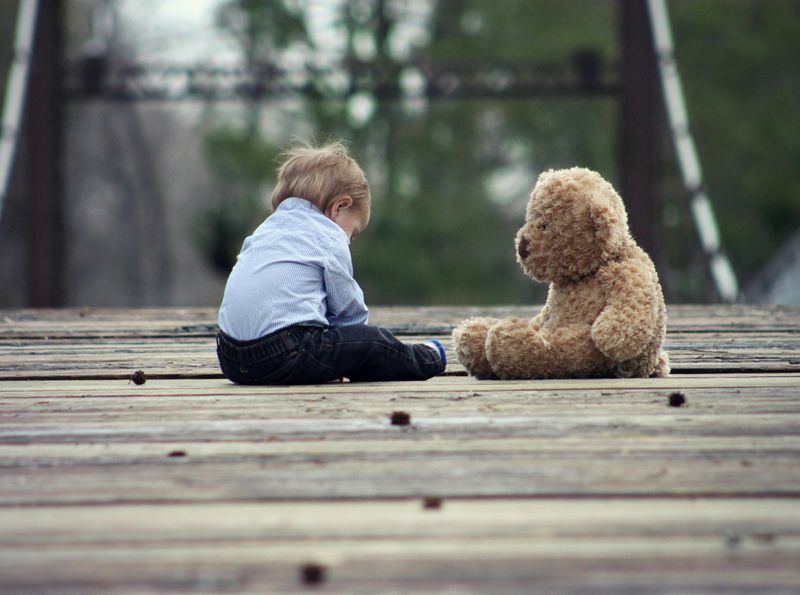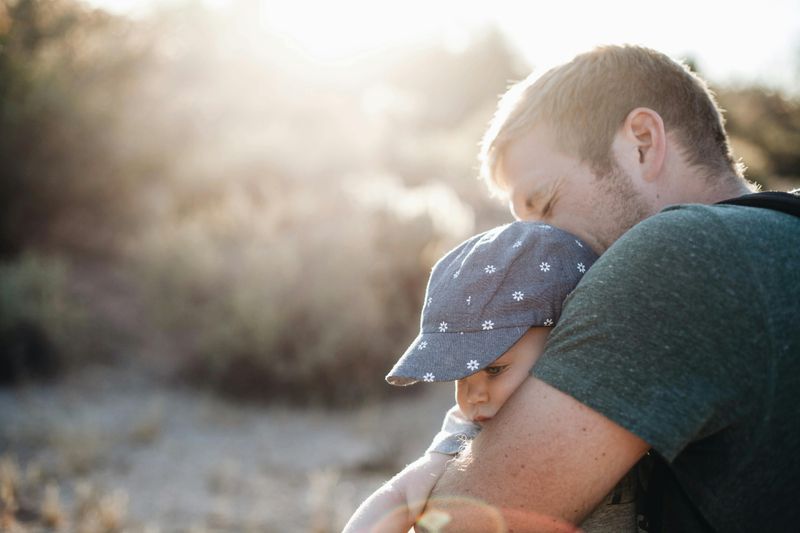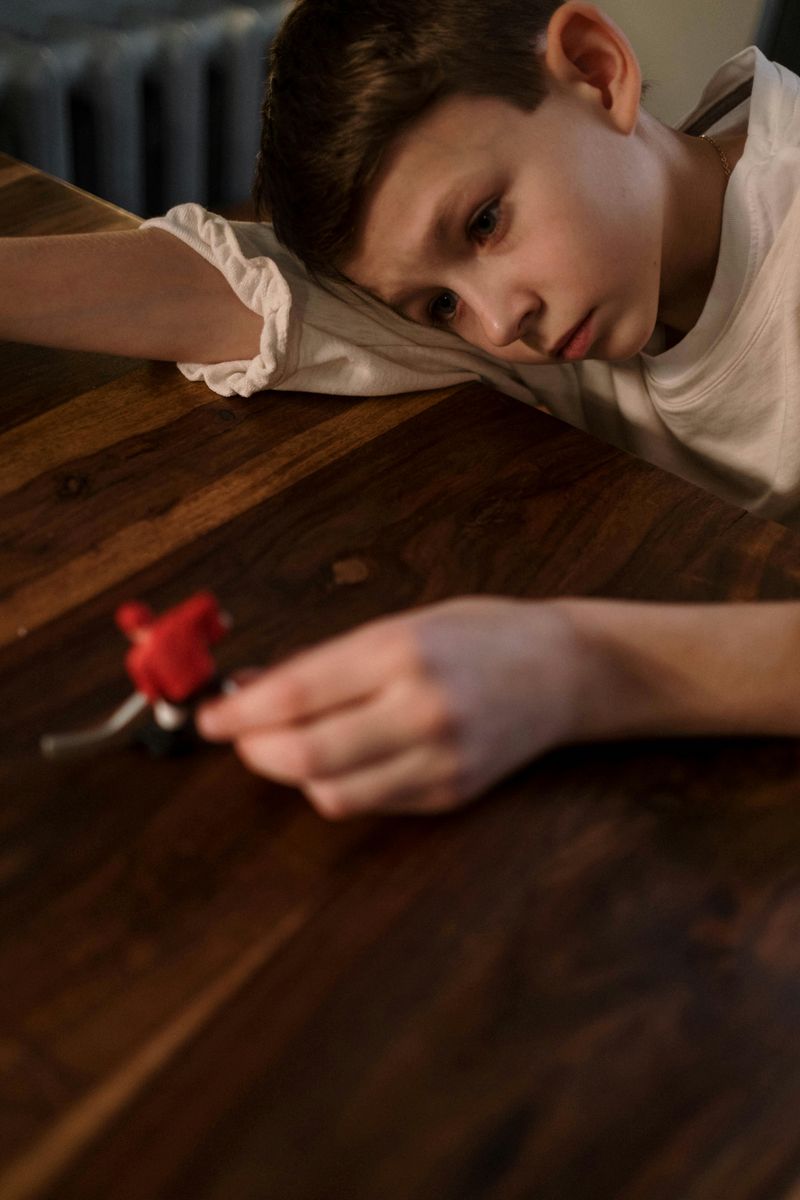Many parents repeat the same patterns they grew up with, thinking certain behaviors are just part of raising kids. But childhood trauma therapists warn that some common parenting habits—ones that seem harmless or even helpful—can actually leave lasting emotional scars. Understanding the difference between discipline and damage can change everything for your child’s mental health and future relationships.
1. Telling Kids to “Stop Crying”
When parents tell their children to stop crying, they might think they’re teaching resilience. But what really happens is far more damaging. Kids learn that their emotions are inconvenient, embarrassing, or wrong.
This doesn’t build strength—it builds walls. Children who hear this repeatedly start bottling up their feelings instead of learning how to process them in healthy ways.
Over time, this emotional suppression can lead to anxiety, depression, and difficulty expressing needs in adulthood. Tears are a natural response to pain, frustration, or overwhelm. Validating those feelings teaches kids emotional intelligence, not weakness.
2. Using Guilt to Control Behavior
Phrases like “After everything I’ve done for you” or “You’re breaking my heart” might get immediate compliance, but they come at a steep cost. These guilt-driven statements manipulate children emotionally rather than teaching them responsibility.
Kids raised with guilt-based discipline often grow into adults who struggle with people-pleasing and chronic guilt. They feel responsible for other people’s emotions, even when it’s not their burden to carry.
This pattern can ruin relationships and self-esteem for decades. Instead of guilt, parents should focus on natural consequences and open conversations about behavior and its impact on others.
3. Forcing Physical Affection
Making children hug or kiss relatives “to be polite” seems like good manners on the surface. But it sends a dangerous message: your body isn’t yours to control.
This early boundary violation teaches kids that other people’s comfort matters more than their own. It can make them vulnerable to inappropriate touch later because they’ve been trained not to trust their instincts.
Respecting a child’s physical boundaries doesn’t make them rude—it makes them safer. Teaching kids they can decline unwanted touch empowers them to recognize and reject violations as they grow.
4. Dismissing Their Feelings With Logic
A child says “That hurt my feelings,” and the parent responds with “You’re overreacting” or “That’s not a big deal.” This logical dismissal might seem reasonable to an adult, but to a child, it’s devastating.
When feelings are met with logic instead of empathy, kids learn their emotions can’t be trusted. They stop sharing what’s really going on inside because they expect to be shut down.
This damages the parent-child bond and makes kids feel isolated. Before offering solutions or perspective, simply acknowledge what they’re feeling. Empathy first, logic later—that’s how trust is built.
5. Using Fear as a Form of Discipline
“Wait till your dad gets home” or loud, intimidating yelling might stop bad behavior in the moment. But fear-based discipline doesn’t teach respect—it teaches kids to be afraid.
Children who obey out of fear don’t learn self-control or moral reasoning. They learn to hide mistakes, lie to avoid punishment, and associate authority with danger. This breeds long-term anxiety and erodes trust between parent and child.
Kids need to understand why something is wrong and feel safe enough to make better choices, not just avoid getting caught or yelled at.
6. Comparing Them to Other Kids
“Why can’t you be more like your sister?” might sound like harmless motivation, but it plants deep seeds of shame and inadequacy. Kids don’t hear encouragement—they hear rejection.
Comparisons make children feel like they’re never enough as they are. It damages sibling relationships and fuels lifelong insecurity.
Every child has unique strengths and timelines for growth. Celebrating individual progress rather than ranking kids against each other builds confidence and self-worth.
7. Making Love or Approval Conditional
“I love you when you behave” or “I’m proud of you when you get good grades” might seem motivating. But these statements teach kids their worth depends entirely on performance.
Children need to know they’re loved for who they are, not just what they accomplish. Conditional approval creates adults who burn out chasing external validation and never feel good enough. It breeds perfectionism, anxiety, and fear of failure.
Love should be the foundation, not the reward. Kids who feel unconditionally loved are more confident, resilient, and willing to take healthy risks because they know mistakes won’t cost them their parent’s affection.
8. Ignoring Emotional Needs Because “They’ll Get Over It”
Parents sometimes assume children are naturally resilient and will “just get over” emotional pain. But unaddressed hurt doesn’t disappear—it goes underground.
When kids’ emotional needs are consistently ignored, that pain becomes internalized. It shows up later as low self-worth, anxiety, depression, or difficulty forming healthy relationships.
Children need their feelings acknowledged and validated, not brushed aside. Emotional wounds heal faster when they’re tended to with care and attention. Ignoring them only makes the recovery harder and longer. K
9. Mocking or Teasing as ‘Jokes’
Sarcasm and playful put-downs might seem harmless to adults who understand the humor. But children often take teasing very personally, even when parents mean no harm.
What feels like a joke to a parent can feel like rejection or humiliation to a child. Over time, this chips away at self-esteem and erodes trust in the parent-child relationship.
Kids start to wonder if their parents actually respect them or just see them as a source of entertainment.
10. Expecting Perfection
High expectations can motivate kids to reach their potential. But perfectionism is a different beast entirely—it’s suffocating and damaging.
When parents constantly correct every mistake or express disappointment over minor imperfections, children become afraid to try new things. They learn that failure isn’t a learning opportunity; it’s proof they’re not good enough.
This fear of making mistakes can paralyze kids well into adulthood. Healthy parenting celebrates effort and growth, not just flawless outcomes. Kids need room to stumble, learn, and try again without feeling like every misstep is a personal failure or a disappointment to their parents.
11. Using Silent Treatment or Withdrawing Love
When parents go silent or emotionally distant as punishment, it triggers deep panic in children. Kids don’t understand nuanced discipline—they just know the person they depend on has disappeared emotionally.
This teaches them that love is fragile and conditional. It makes them believe that mistakes render them unworthy of connection and care.
The silent treatment is one of the most psychologically damaging forms of punishment. It creates insecurity, anxiety, and fear of abandonment that can haunt relationships for life. Discipline should involve communication and boundaries, not emotional abandonment. Kids need to know love doesn’t vanish when they mess up.
12. Forcing Kids to Be ‘Grateful’ Instead of Listening
When children express sadness or frustration, some parents shut it down with “You should be grateful for what you have.” While gratitude is important, using it to silence emotions is harmful.
This response invalidates what kids are genuinely feeling and teaches them to suppress real emotions. It sends the message that their feelings are wrong or selfish.
Over time, children learn to hide their struggles and pretend everything is fine, even when it’s not. Kids can appreciate what they have while still feeling disappointed, hurt, or sad. Listening first, then gently guiding toward perspective, builds emotional maturity far better than forced gratitude ever will.
13. Not Apologizing or Admitting Fault
Some parents believe that apologizing to their children weakens their authority. “I’m the parent, I don’t need to apologize” might sound strong, but it actually models defensiveness and pride over accountability.
When parents refuse to admit mistakes, kids learn that being right matters more than being kind or honest. It teaches them that authority figures are above reproach, which can lead to unhealthy power dynamics later in life.
Apologizing doesn’t weaken parental authority—it strengthens trust and respect. It shows children that everyone makes mistakes and that owning them is a sign of strength, not weakness.













